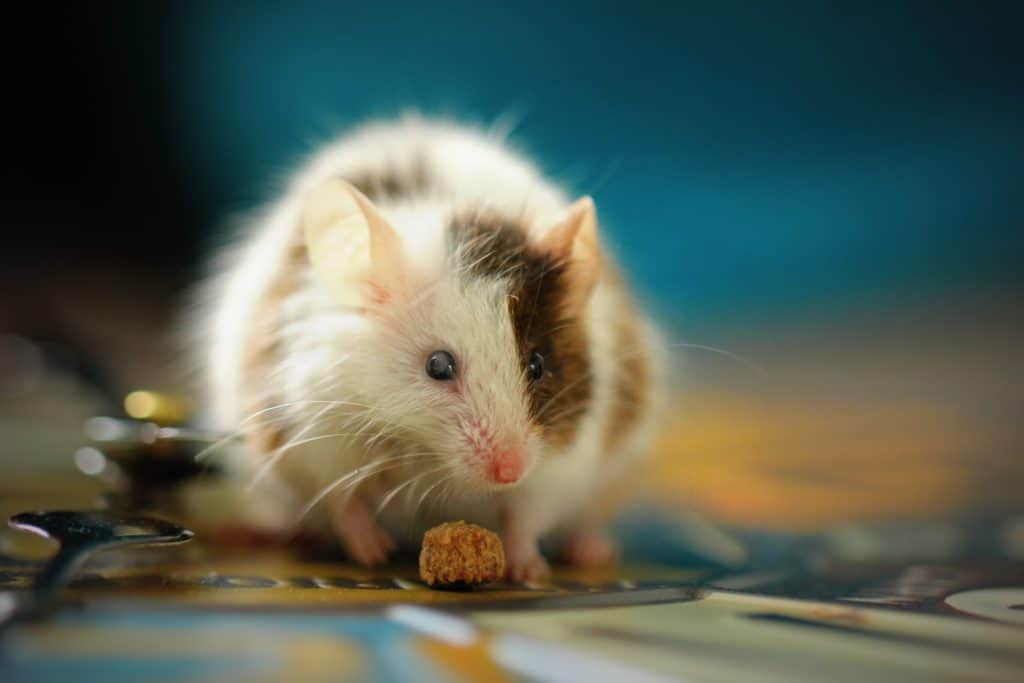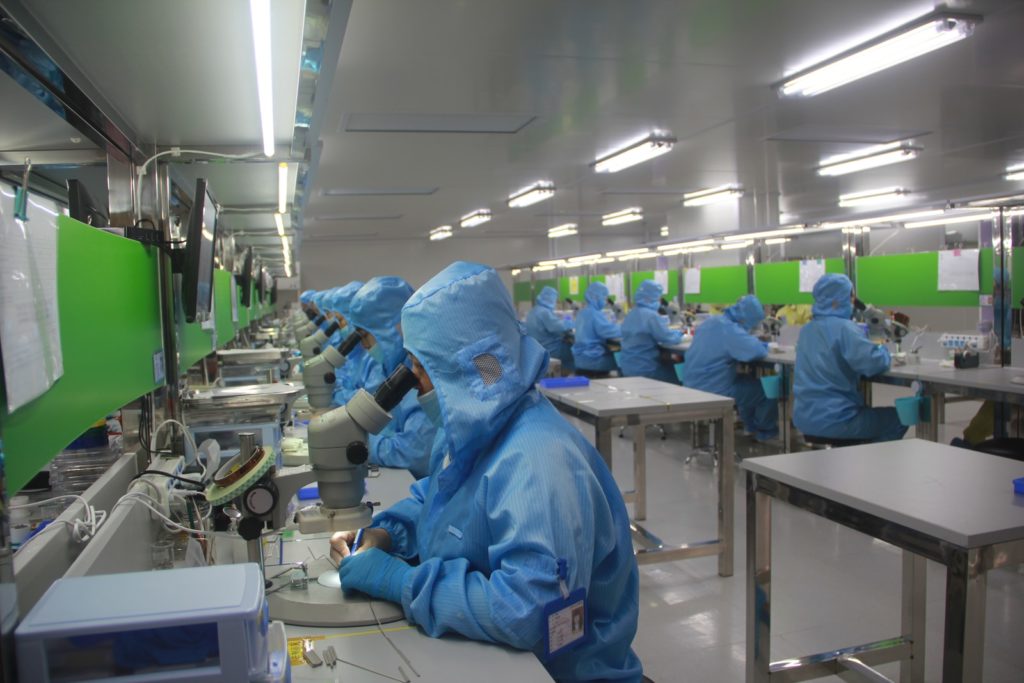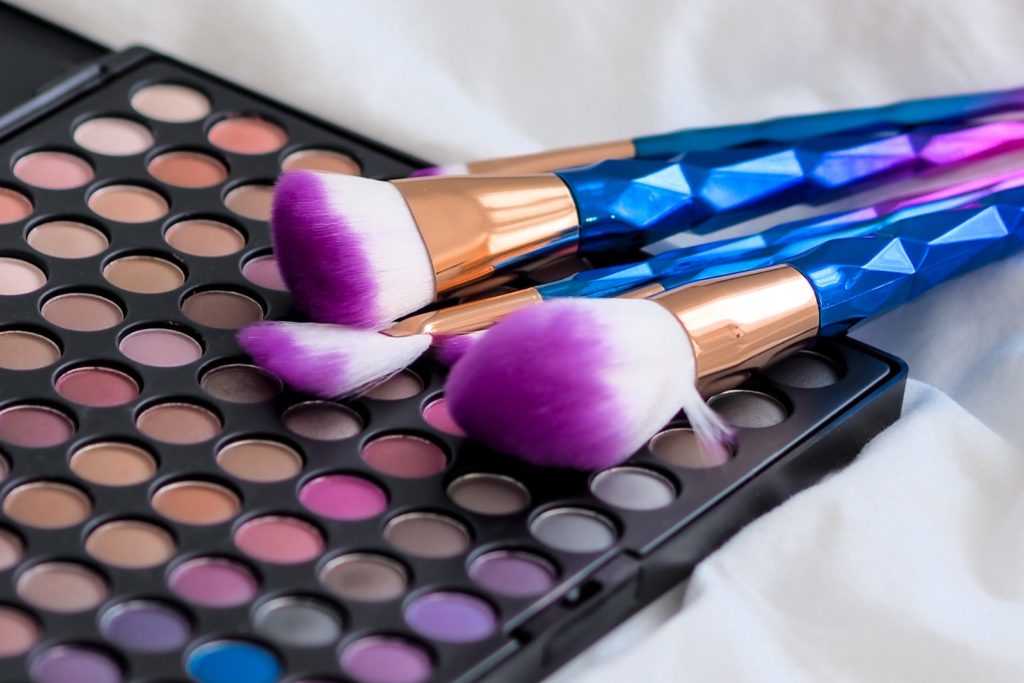From farming to fashion, it’s an unfortunate truth that animals are exploited in many major industries across the world. This is a particularly difficult fact to sit with if, like us, you love animals and believe they should be protected from harm. One especially upsetting form of exploitation is animal testing, which is used by many businesses, brands and organisations across the globe.
Most people within the vegan community argue that animal testing should be banned. However, conversations about animal testing and its future aren’t necessarily as straightforward as you might expect.
Here, we take an in-depth look at animal testing, how it affects animals across the world, and whether there are any circumstances where it should be accepted. Our research and points of view will help you answer the question: why should animal testing be banned?
What Is Animal Testing?
To put it simply, animal testing is where products or solutions are tested on animals. This may be a complete product, such as cough syrup, or it may be an ingredient, such as compounds in a perfume. Rodents and fish are the most commonly used animals for research and experimentation, but dogs, goats, horses and apes are also tested across the world.

The rules surrounding animal testing vary from country to country. Luckily we’ve got some of the strictest here in the UK. These laws prevent companies from testing on great apes and have also made it illegal to test on dogs, cats, monkeys and horses unless no other animals can be used. Of course, these laws are still far from ideal – but they are much kinder than those of many other countries.
Animals have been subject to inhumane testing processes for almost as long as humans have been manufacturing products. Why? Because many industries feel it’s safer to test products, such as painkillers and skin creams, on fish and other mammals before making them widely accessible to humans. Of course, this argument only holds up if you believe that human lives are worth more than animal lives.
Which Industries Rely on Animal Testing?
Thankfully, innovative new methods mean procedures involving living animals are on the decline in the UK. Nevertheless, the figures are still shocking. According to the Home Office, 2.88 million procedures were carried out in 2020 for scientific purposes alone. In 2017, the figure was 3.79 million. These procedures range from research into the immune system to the breeding of genetically altered species.
What’s worse, scientific research isn’t the only reason for animal testing. Animals are also subject to painful experiments and killed for the development of pharmaceuticals, toiletries and weapons, as we delve into below.
Animal testing in pharmaceuticals
In the UK, all medicines – including vaccinations – must be tested on animals before they are licensed for human use. The testing process must include one type of rodent and one non-rodent. The idea is that mammals, such as apes, horses and rats, will have similar reactions to humans.

As a result, medicines with harmful or even life-threatening side effects can be adapted before they’re trialed on people. This is highly controversial given that according to researchers, animal testing models fall “far short of being able to predict human responses.”
Animal testing for make-up and toiletries
Fortunately, it’s been illegal to test cosmetic products, such as make-up, perfumes and moisturisers, on animals in the UK and all EU countries since 1998. It’s also been illegal to sell cosmetics that have been tested on animals in the EU since 2013, a law that the UK hasn’t revoked since leaving the European Union.

However, in many other countries, the ingredients used in make-up products are still tested on animals, often rodents.
Animal testing in war and defence
Animals are also regularly tested by the military. The UK government has admitted to testing on animals to develop protective pharmaceuticals, such as Nerve Agent Pretreatment Sets (NAPS), but this is just one example of how animals are used in the armed forces.

According to PETA, animals are tortured for routine medical drills, killed in training exercises, and used in the testing of weaponry across the United States.
Animal Testing Pros & Cons
For many people, the big question is: why do industries rely on animal experimentation? If we look at it objectively, what are the pros and cons of animal testing? Let’s consider these in more detail.
Animal testing – the pros
It’s challenging to consider the potential benefits of testing on animals if you don’t believe that human and non-human lives should be valued any differently. However, if we step into the shoes of the industries and businesses that do believe in animal testing, here’s what we might argue.
- Animal testing keeps humans safe. By testing products on animals, researchers can better understand the potential side effects of everything from vaccines to mascaras before they’re trialled on humans. As such, they can prevent anything with dangerous or even life-threatening effects from being used by people.
- Animal testing keeps animals safe. The same logic as above can also be applied to animals. It’s not just humans that rely on medication, after all. Testing a product on hundreds of animals may save thousands – or even millions – of animal lives in the long term.
- Animal testing is vital for ground-breaking research. Research into diseases, such as Alzheimer’s, can equip scientists with the knowledge they need to develop life-saving treatments and therapies.
These are just a few of the pros that are regularly touted by people and businesses that support animal testing. Yet, for every reason to test on animals, there are multiple counterarguments for why we shouldn’t. Below, we look at these more closely.
Animal testing – the cons
The vegan community isn’t the only one rallying against animal testing. Many people believe that researchers would make more informed discoveries if the resources directed towards animal experimentation were invested into developing kinder, more compassionate methods. After all, when it comes to animal testing, there are clearly more cons than pros.
Really, the question is: why should animal testing be banned? Here are just a few of the myriad reasons why many people believe it’s time to end this practice.
- Animal testing is cruel. There’s no doubt about it – animal testing is an inhumane practice. Even if the product itself doesn’t cause side effects, the animal subjects are typically kept separately, in ages, and denied affection. Often, they’re killed once the tests have finished. In the worst-case scenario, the animals are subject to painful experiments that may prove fatal.
- Animal testing doesn’t always prove a product is safe for humans. There are many examples of pharmaceuticals that have been deemed safe for animal consumption but which have caused adverse health effects in humans. Vioxx, for example, caused 27,000 heart attacks and heart-related deaths despite having a protective cardiac effect on mice.
- Animal testing may be unsafe for humans. Animal testing doesn’t always prove the safety of products for humans, but it may also prevent researchers from making breakthroughs. For instance, medicine that proves dangerous to mice and other mammals may be highly effective for humans. However, if it’s ruled out through animal testing, it’ll never hit the shelves.
- Animal testing is often used in cases where alternative methods exist. Cultured human cells, complex algorithms and voluntary human studies are just three alternative testing methods to animal-based trials. However, animal experimentation is still a widespread practice. Hopefully, as science and technology progress, animal testing will be phased out altogether.
When it comes to considering the pros and cons of animal testing, the research suggests that live experimentation could be replaced with ethical and potentially more efficient methods. What do you think?
Animal Testing and Veganism
The question “should animal testing be banned?” isn’t necessarily the same as “should we use products that have been tested on animals?”. For vegans, it’s important to remember the definition of veganism as created by The Vegan Society:
"Veganism is a philosophy and way of living which seeks to exclude—as far as is possible and practicable—all forms of exploitation of, and cruelty to, animals for food, clothing or any other purpose; and by extension, promotes the development and use of animal-free alternatives for the benefit of animals, humans and the environment.”
The key phrase here is “as far as is possible and practicable”. Arguably, there are many circumstances where avoiding products that have been tested on animals is neither of these things. For example, unless you abstain from all medication, it is impossible to avoid animal testing altogether. It’s fair to assume that most vegans do or have taken some form of medicine, and it was recently found that almost 90% of vegans in the UK have had at least one Covid-19 vaccination.
It’s worth remembering that there’s no such thing as the perfect vegan. Try not to give yourself a hard time if you need to use pharmaceuticals that have been tested on animals. You can still reject animal testing in many other areas of your life and lend your voice to the anti-animal-testing conversation.
How to Avoid Products that Have Been Tested on Animals
One of the easiest and most effective ways to say no to animal testing is to vote is with your money. Not everyone has the time to rally against animal testing on the streets, but you can decide to withdraw support from the businesses and brands that are complicit in the practice (again, as much as is possible or practical).
Here are our top tips for avoiding products that have been tested on animals:
- Shop from vegan brands. Vegan brands are becoming more and more popular – and for good reason. Today, more people than ever before care about the products they use and how they were manufactured. Shopping from one of these brands is probably the easiest way to make sure you’re not buying products that have been tested on animals.
- Shop from brands that commit to no animal testing. Even if you can’t shop at vegan-only brands 100% of the time, it’s still possible to buy ethical products. The key is to purchase from brands that commit to not testing on animals, such as The Body Shop. Other brands that refuse to use make-up animal testing include Glossier, bareMinerals, Fenty Beauty and Charlotte Tilbury.*
- Avoid brands that test on animals. Another way to ensure you’re not using or buying products that contribute to animal exploitation is to actively avoid brands that test on animals. When it comes to pharmaceuticals and scientific research, this may be difficult. However, it’s certainly possible to make cruelty-free choices when it comes to buying toiletries.
- Look for anti-animal-testing logos. Logos will become your new best friend when shopping for products that haven’t been tested on animals! Stickers such as PETA’s Beauty without Bunnies, the Leaping Bunny and Cruelty Free International certify that the product in question hasn’t been tested on animals.
*Please note that these brands were against animal testing at the time of writing. However, it’s important to double-check before you buy from them. It’s also important to remember that “cruelty-free” and “vegan” aren’t synonymous. The term “cruelty-free” means that a product hasn’t been tested on animals, whereas “vegan” also refers to there being no animal-derived ingredients or byproducts.
Why Should Animal Testing Be Banned?
In summary, animal testing is a cruel and inhumane practice that causes the pain, suffering and death of thousands of sentient beings across the world. What’s more, there are many innovative alternatives to animal testing that are not just cruelty-free, but also more environmentally friendly and cost-effective. As a result, it’s difficult to argue that animal testing in industries such as beauty should remain in place – whether you follow a vegan lifestyle or not.
Luckily, it is possible to avoid many of the products and brands that rely on live experimentation by shopping via vegan brands. Nevertheless, there are some circumstances where vegans may decide to use or consume products that have been tested on animals. This includes taking medicine or relying on treatments that have been developed through testing.
What do you think about animal testing? Do you think it should be banned? Get in touch to let us at Vegomm know what you think.
